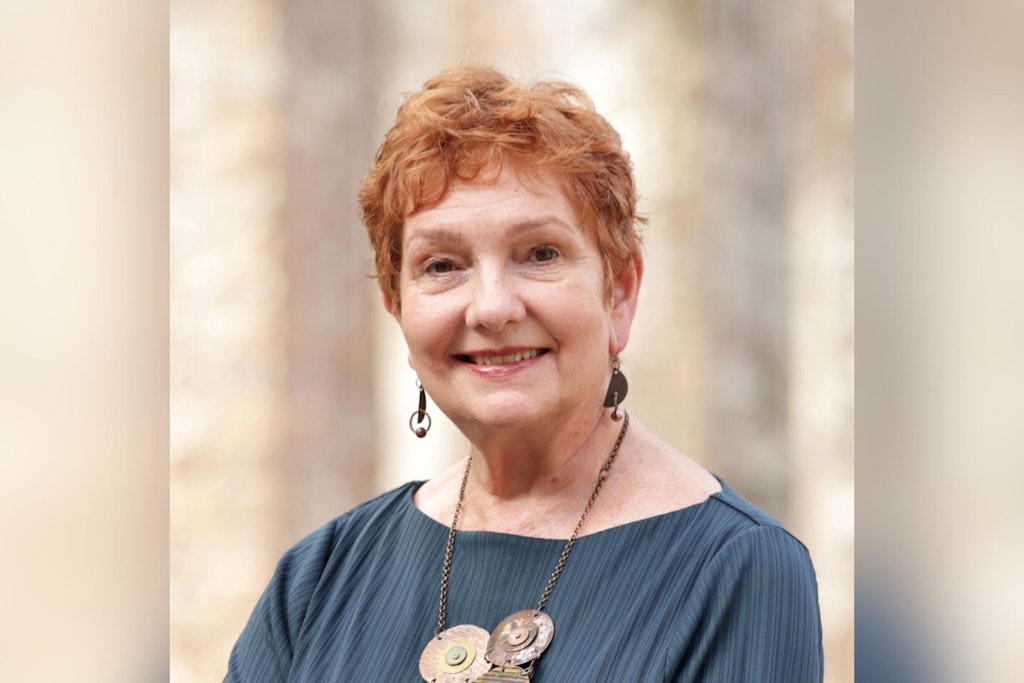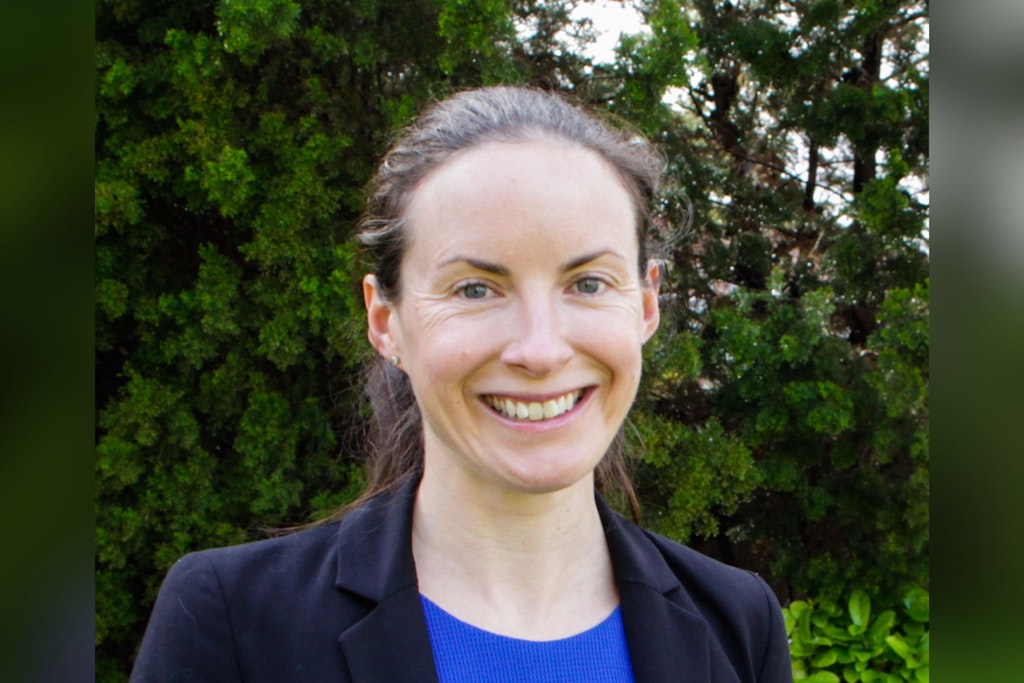United for dementia care: Allied health takes centre stage
Last updated on 27 May 2025

Dementia Training Australia’s inaugural Allied Health Symposium united allied health professionals to enhance the care of people living with dementia and the knowledge of industry professionals.
The sold-out United for Dementia Care Symposium offered opportunities for collaboration, learning and discovery. The flow-on effect will extend beyond Adelaide Oval’s grandstands.
Dr Isabelle Meyer, Dementia Training Australia (DTA) Executive Director, told Hello Leaders the organisation recognised there is a significant gap in acknowledging and engaging with allied health professionals across Australia. She said an event like the Allied Health Symposium was required to offer direct support in the dementia care space.
“Allied health professionals in Australia have a major role to play in supporting someone at diagnosis and post-diagnosis to ensure we can do our utmost to improve their quality of life,” Dr Meyer shared.
“It becomes a critical thing when we’re thinking about person-centred care, to think about who else apart from a general practitioner, neurologist and gerontologist might be involved in supporting someone living with dementia.
“There’s been very little attention paid to what is the role that allied health professionals can play, and making sure there is dedicated training material and support for them moving forward. We’re hoping this symposium is the beginning of the journey to develop a dedicated program to support allied health professionals as they support people living with a diagnosis of dementia.”
The number of people living with dementia is expected to more than double by 2058, reaching over 849,000. Currently, 15 in every 1,000 people live with dementia.
The new Support at Home program will play a critical role in delivering care and support services to the vast majority of people living with dementia.

Dr Meyer said the government’s intention to keep more people living at home and living well for longer requires multidisciplinary support and a deeper understanding of dementia by allied health professionals.
“They play a critical role in helping with people’s wellness planning, enabling them to be at home for longer rather than in a residential aged care facility or even long-term hospital care,” she added.
“The Symposium will bring together practitioners from around Australia to hear their stories, but also to provide information and insights into what is best practice for physiotherapists putting together physical development plans, for nutritionists and others helping with issues like swallowing, or for speech pathologists working with people with a diagnosis to help extend their communication skills.
“They are very important parts of how we improve the quality of care for people living with dementia and enable them to live independently for much longer.”
Building on experience to inspire change
Ellie Newman, the UWA Director of DTA, will be speaking at the Symposium as part of a panel exploring how allied health can work together through the care continuum.
Her focus will be on delivering better care in hospitals for people with dementia as she dons the cap for her shared role as the Dementia Lead and Head of Physiotherapy at the Armadale Kalamunda Hospital in Western Australia.
Ms Newman’s presentation will offer personal and professional insights, as well as strategic opportunities for individuals and organisations in attendance.
She said the Symposium’s theme of united showcases how allied health works alongside all other elements of aged care or healthcare. There are particular benefits for the broader care continuum if hospital care can be enhanced, such as improving the hospital environment.
“How do we deliver care that’s more meaningful in this fast-paced environment? We are seeing increased complexity and acuity of patients presenting to our emergency departments because of the poor coordination of healthcare in the community,” she shared.

“There are many opportunities to deliver a better way to care for people with dementia in hospital. Our journey, from an East Metropolitan Health Service point of view, started when we recognised there was more that we could do.
“Some of the initiatives we’ve created have had a focus on supporting the person with dementia, but they resonate and ripple out onto the benefits for all of our patients.”
Examples include establishing the ‘Forget Me Not’ volunteer program to support patients living with dementia and delirium, which is particularly beneficial when many patients lack regular engagement.
“There’s a lot of static time between visits from medical teams and healthcare professionals. During that time, things can happen that sometimes shouldn’t, such as a fall or adverse event. So how we can occupy the day more meaningfully for somebody living with dementia, but also our other patients, is something we’ll explore,” Ms Newman added.
Crucially, Ms Newman said the conversations with patients, carers and families have provided rich opportunities for improvement over the years. This has helped shift allied health perspectives so professionals can tap into more meaningful activities that drive great patient outcomes.
“With increased complexity and acuity presenting in the emergency department, we need to recognise how we might do things differently to support the person. It is a whole of care journey, so we need to look at bringing it all together across the community, hospitals and residential aged care,” Ms Newman said.